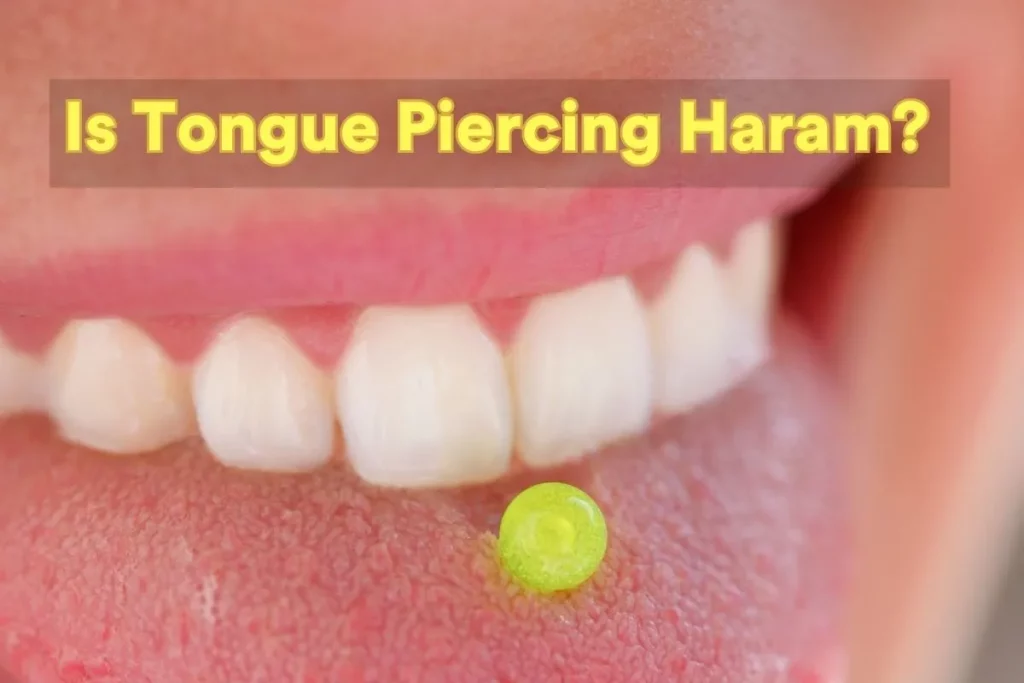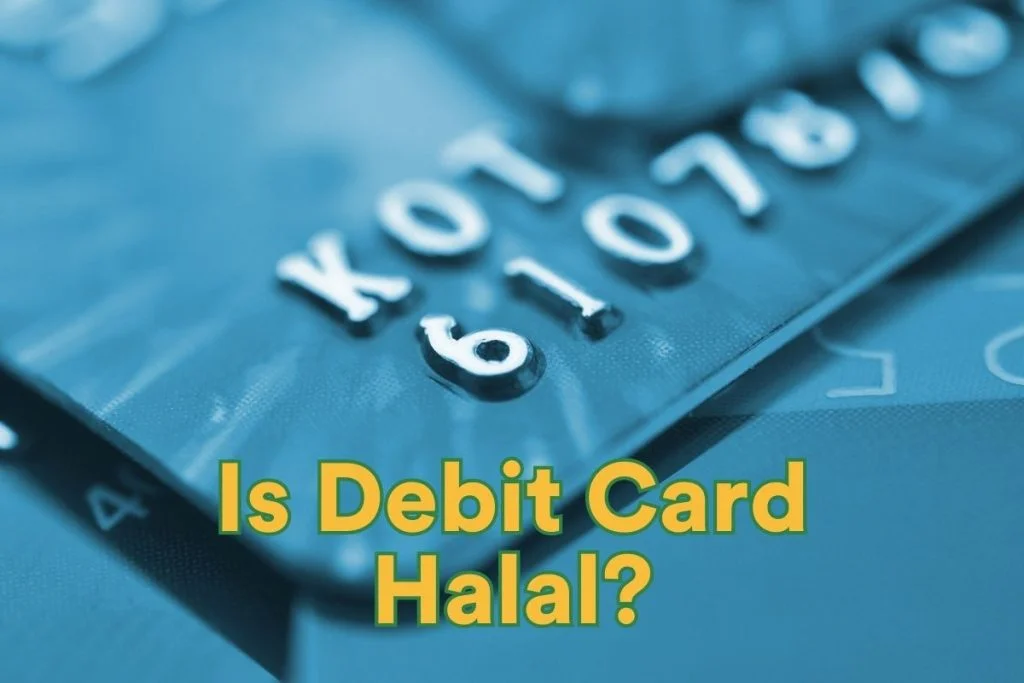Tongue piercing, a form of body adornment, has garnered attention for its unique appeal. In today’s exploration, we’ll delve into the religious references, discuss whether it is considered haram in Islam, and provide a comprehensive conclusion that sheds light on this practice within the context of Islamic teachings.
Key Takeaways
| 📌Tongue piercing involves inserting jewelry through the tongue’s center, done by a professional piercer. |
| 📌Tongue piercing is considered haram due to pain and health risks, aligning with Islamic principles. |
| 📌Risks include infection, swelling, bleeding, and dental damage. |
About Tongue Piercing
Tongue piercing, a popular form of body modification, involves the insertion of jewelry through the center of the tongue. The procedure of this type of piercing is typically performed by a professional piercer in a clean and sterile environment.
Just like with earrings, the piercer begins by marking the entry and exit points on the tongue to ensure accurate placement. A hollow, sterilized needle, similar to those used in nose piercing, is then passed through the marked points, creating a channel for the jewelry.
Following this, the chosen jewelry, often a straight barbell as seen in belly piercing, is inserted through the hole. While the procedure itself is swift, it requires precision to avoid any damage to the veins and arteries present in the tongue.
The pain level associated with tongue piercing is subjective and varies from person to person, much like the discomfort experienced with nipple piercing. Many individuals describe a sharp, intense sensation during the actual piercing, which subsides shortly after the procedure. The tongue, like other sensitive areas such as the nipples, is rich in nerve endings, which contributes to the initial discomfort.
Is Tongue Piercing Haram?
Tongue piercing is deemed prohibited (haram) due to the pain it inflicts and its detrimental impact on overall health. Allah stated in the Quran:
وَأَنفِقُواْ فِي سَبِيلِ ٱللَّهِ وَلَا تُلۡقُواْ بِأَيۡدِيكُمۡ إِلَى ٱلتَّهۡلُكَةِ وَأَحۡسِنُوٓاْۚ إِنَّ ٱللَّهَ يُحِبُّ ٱلۡمُحۡسِنِينَ
“And spend of your substance in the cause of Allah, and make not your own hands contribute to (your) destruction; but do good; for Allah loves those who do good.
Tongue piercings, often chosen as a form of self-expression, come with significant hazards. The mouth’s bacterial environment can lead to infections, swelling, and even breathing difficulties, particularly concerning individuals with heart disease.
This piercing raises the risk of bleeding due to the abundance of blood vessels. Moreover, the jewelry itself poses dangers, including breakage that can cause choking and toothchipping during daily activities.
Mouth and tongue piercings have additional drawbacks, including speech, chewing, and swallowing difficulties, potential damage to oral structures, drooling, and obstacles in dental X-ray procedures. These practices can result in severe health issues, like gum disease, uncontrolled bleeding, long-term infections, and even hepatitis B and C.
Given these extensive risks, the American Dental Association discourages oral piercings, particularly for those with jobs or lifestyles that heighten associated dangers. Individuals with conditions hindering healing, such as heart disease and autoimmune diseases, are especially susceptible to complications.
In summary, here are why tongue piercing is haram:
| Reasons | Health and Islamic Perspective |
|---|---|
| Damaging the body | Changing Allah’s natural creation without a valid reason is considered haram in Islam. |
| Unnecessary pain | Causing unnecessary pain without medical justification contradicts Islamic principles. |
| Not an Islamic practice | Tongue piercing is not mentioned in the Quran or Hadith, making it a non-Islamic practice with no religious basis. |
| Medical risks | Tongue piercing poses various health risks, including infection, nerve damage, and excessive saliva production, which can harm one’s well-being. |
| No benefit | Tongue piercing serves no valid purpose and is solely a cosmetic trend, which goes against the Islamic principle of avoiding actions with no benefit. |
Final Thought
In conclusion, the practice of tongue piercing holds a unique allure as a form of self-expression. However, within the context of Islamic principles, it raises concerns about health and well-being. The potential pain, risks of infection, dental damage, and other complications associated with tongue piercing align with the teachings of avoiding harm to oneself.
While not directly prohibited in Islam, the cautious approach would prioritize overall health and consider the potential negative consequences. As with any decision, it’s essential to weigh the appeal of body adornment against the potential risks to make an informed choice.
Allahu A’lam (Allah knows best)
FAQs
Is tongue piercing allowed in Islam?
Tongue piercing is generally not recommended in Islam due to its potential negative effects on health and well-being. While there may not be a direct prohibition in Islamic teachings, the considerations of avoiding harm to one’s body and maintaining overall health align with the principles of the religion. It’s important to prioritize the well-being of the body and avoid practices that may lead to complications or discomfort.
Is tongue piercing dangerous?
Tongue piercing is considered by many to be a dangerous practice due to the following reasons:
- Tooth damage: The metal balls or barbell-shaped jewelry can hit the teeth and cause tooth fractures and cracks, which could require a root canal.
- Infection: The mouth is filled with bacteria that can lead to infection and swelling. A swollen tongue can make it hard for you to breathe, and in some people with heart disease, bacteria can lead to a condition that can damage your heart valves.
- Nerve damage: An improperly placed tongue piercing can result in nerve damage, which can cause awkward speech and even tooth damage.
- Gum damage: The jewelry can cause gum damage, irritation, periodontal disease, or oral cancer.
- Difficulty speaking, chewing, or swallowing: Mouth and tongue piercings can make it hard to speak, chew, or swallow, and they can damage your tongue, gums, or fillings.
- Choking: The jewelry can break off in your mouth and make you choke, and you can chip your teeth on it while you eat, sleep, talk, or chew on it.
- Taste loss: Tongue piercing can result in taste loss.
- Drooling: Mouth and tongue piercings can make you drool.
Is tongue piercing painful?
Yes, it can be painful. The tongue is a sensitive and highly vascular area, so piercing it can cause discomfort. The level of pain can vary from person to person and depends on factors such as individual pain tolerance, the skill of the piercer, and the specific technique used.
The process involves puncturing the tongue with a needle to insert the jewelry, which can cause a sharp, intense sensation. Additionally, there may be soreness, swelling, and discomfort during the healing process, which can last several weeks.
- Is Pop Tarts Halal? What You Need to Know - February 18, 2024
- Are Graham Crackers Halal in Islam? - January 19, 2024
- Is Keebler Wheatables Halal? - January 18, 2024





